From "Let's Row the Sculls" to "My Motherland", from "Unforgettable Tonight" to "Missing", from "Love My China" to "Peony Song", you must have heard these songs and hummed them sing these songs.
In the early morning of June 20, Qiao Yu, a "civilian master", died in Beijing at the age of 95. These classic songs written by Qiao Yu have swiped social networks and caused a wave of nostalgia.
Why is Qiao Yu able to write so many well-known words? In an interview, Qiao Yu's close friend and playwright Huang Qishi once described that it was the times that created Qiao Yu, and his kung fu was beyond poetry.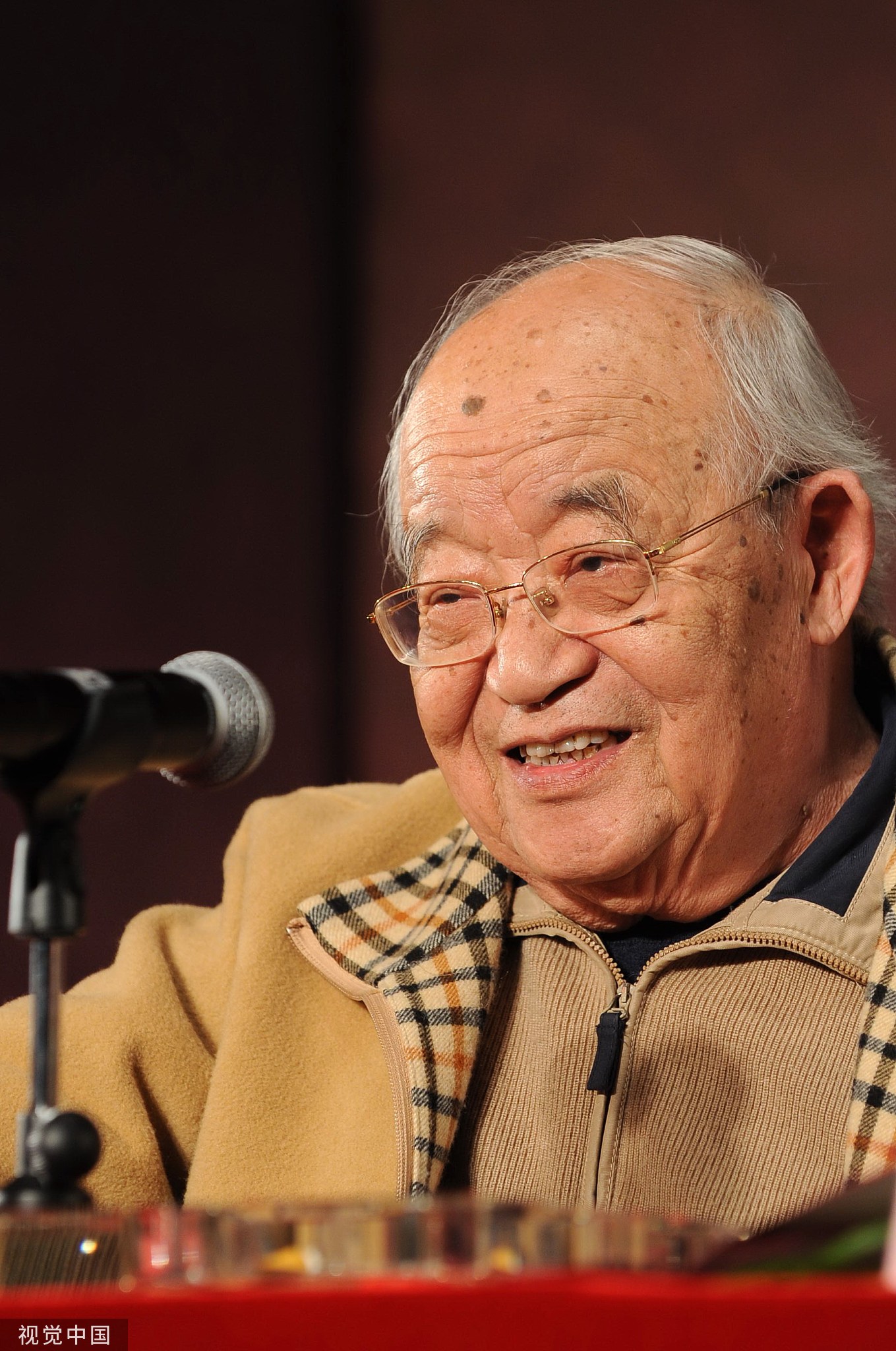
In the beginning, Qiao Yu's ambition was to become a playwright, not a lyricist. What kind of opportunity made him interested in writing lyrics? "Bole" Liu Chi contributed greatly.
From 1952 to 1953, Qiao Yu wrote the opera "Apricot Forest" and the children's opera "Orchard Sisters". "Orchard Sisters" invited Liu Chi to compose the music. The first time they collaborated, he discovered Qiao Yu's talent in lyrics creation. Soon, Liu Chi accepted the creative invitations for the films "Flowers of the Motherland" and "Shangganling", and recommended them to directors Yan Gong and Sha Meng, and asked Qiao Yu to write the lyrics. Qiao Yu also lived up to expectations. His lyrics "Let's Row the Sculls" and "My Motherland" were both popular all over the country.
"It was Liu Chi who first discovered Qiao Yu's lyrics creation talent, and led him to the path of lyrics creation. Qiao Yu later became a master of lyrics." In an interview with CCTV's "Chinese Literature and Art", Qiao Yu's close friend , said the theatre critic Dugao.
"Let's sway our oars, the boat pushes away the waves, the beautiful white pagoda is reflected on the sea, surrounded by green trees and red walls, the boat gently floats in the water, and the cool wind blows..." "Let's Swing the Sculls" written for "The Flowers of the Motherland" was created in 1954 and is a song written for the children of New China.
The location of the film was filmed in Beihai Park. The 27-year-old Qiao Yu also went to play, and even acted as a rowing group performer. He faces a group of 11- or 12-year-olds every day, and buys a pack of snacks for them every time he goes there.
"The most beautiful thing in the middle of the North Sea is the White Pagoda. It has a reflection." Qiao Yu, who was sitting on the boat, looked around, took materials on the spot, and wrote the White Pagoda, green trees, red walls, boats, cool breeze... The lyrics are cheerful and natural, casual and poetic. In his understanding, this song should be written like this, no need to deliberately, don't stumble.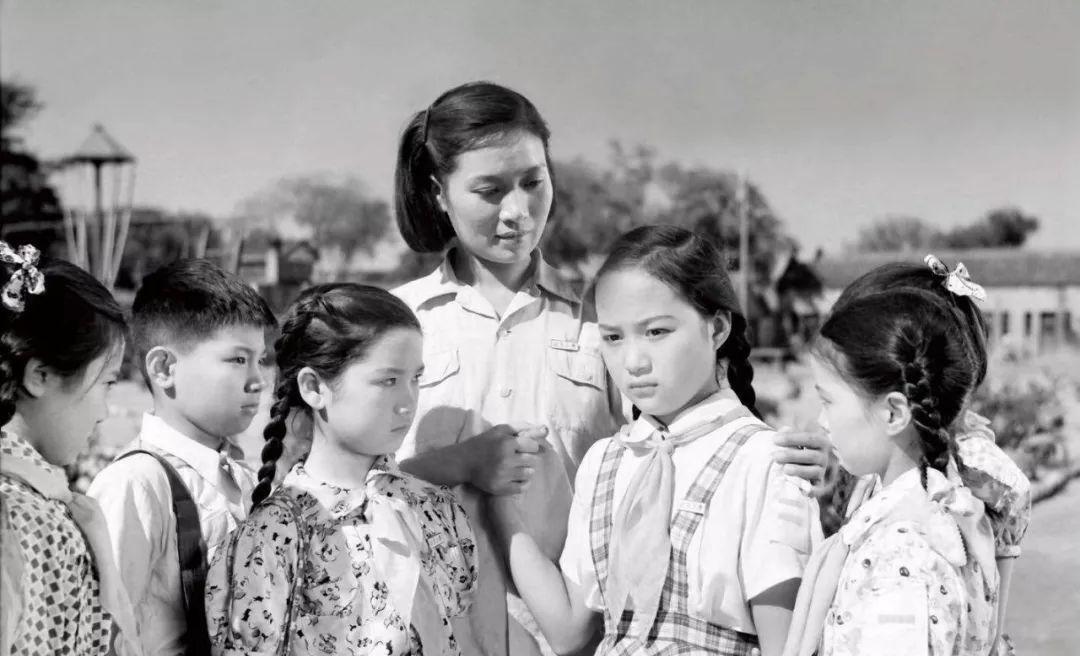
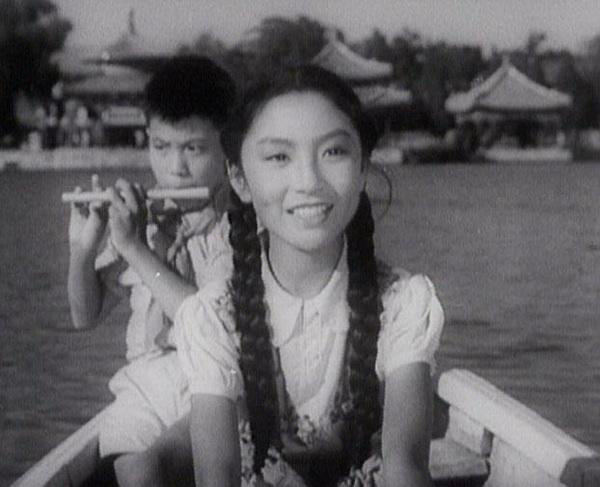
"The People's Republic of China has just been established. Everyone is cheering and cheering. They have the desire to praise the new motherland and hope that the country will get better and better. You have to write this emotion." Qiao Yu recalled.
However, when he first received the task, Qiao Yu was not easy, and it took half a month to write it. Director Shamon emphasized that the battle of "Shangganling" was very hard, and there must be a theme song in the tunnel to create an atmosphere. Qiao Yu was looking for inspiration. One day, he remembered the first time he saw the Yangtze River. The aroma of rice on both sides of the river was different from the smell of sorghum, corn, and wheat in his hometown in Shandong. So he wrote "a big river" into the word.
The director was puzzled. Since he wrote about the Yangtze River, why didn’t he write about the Wanli Yangtze River or the Wanli Yangtze River, wouldn’t it be very imposing and beautiful? Qiao Yu explained that although the Yangtze River is big, it is a part of the whole country after all. People who are not from the Yangtze River Basin will feel that it has nothing to do with them and can’t feel friendly. “A big river is different. There is a river, and when a child sees the small river ditch, it is also a big river. As soon as he sings, it connects with his own life. I said, a big river, who doesn’t have a river at his door?”
Why did you ask Guo Lanying to sing? At that time, the crew invited many masters of folk songs from all over the country, and Qiao Yu shook his head and insisted on Guo Lanying. Just listening to her sing once, Qiao Yu made a decision, and it was her! "Guo Lanying can sing a lot, her voice is good, and she has no foreign gadgets at all. (She is) the number one person in the real national singing." emotion.
Although it was made for a war movie, "My Motherland" is very lyrical, full of tenderness and nostalgia for the hometown, making people feel more peaceful and happy. Before the film was released, the song was broadcast on the Central People's Broadcasting Station, and it spread throughout the country the next day.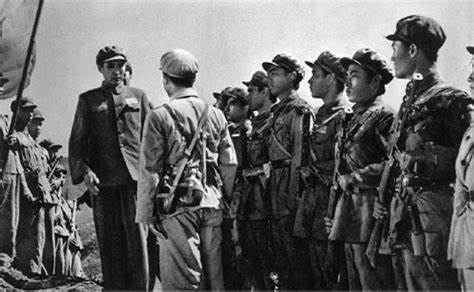
Not only the two movie episodes that have been sung so far, Qiao Yu also has two golden songs that have been passed on at home and abroad through the CCTV Spring Festival Gala, that is, "Unforgettable Tonight" and "Missing".
"Unforgettable tonight, unforgettable tonight, no matter the end of the world and the corners of the world, China embraces thousands of miles together, and wishes the motherland good, the motherland is good..." Since the first singing in CCTV Spring Festival Gala in 1984, Li Guyi has used crisp singing to end the Spring Festival Gala almost every year. , accompany generations of audiences to welcome the new year. Who would have thought that such a song that has been popular for 38 years, Qiao Yu wrote it in a very short time.
At that time, Huang Yihe, the chief director of the Spring Festival Gala, hoped that there would be a good song to set the stage for the party, and between the lines there should be flesh and blood kinship, the reunion of the motherland and a good hope for the future.
"(We need) a lyric that is very deep and well-written, not vernacular, but a long one. Who among lyric writers has this ability? Only Mr. Qiao Yu." Huang Yihe's lyrics are He was in a hurry, and he didn't have a mobile phone. One night, he personally ran to Qiao Yu's house to knock on the door. Qiao Yu was already going to rest, and he did not refuse, and readily agreed. He allegedly started writing at 3am and was due two hours later.
Huang Yihe later asked the staff to get it, and the staff pouted when he saw it. How to sing such soft lyrics? Qiao Yu said, don't worry about it, let's see your director. The soft lyrics were exactly what Huang Yihe wanted. He was not shaken by the controversial voice and insisted on recording a song with Li Gu. At the moment when the Spring Festival Gala sang, "Unforgettable Tonight" captured the hearts of all audiences.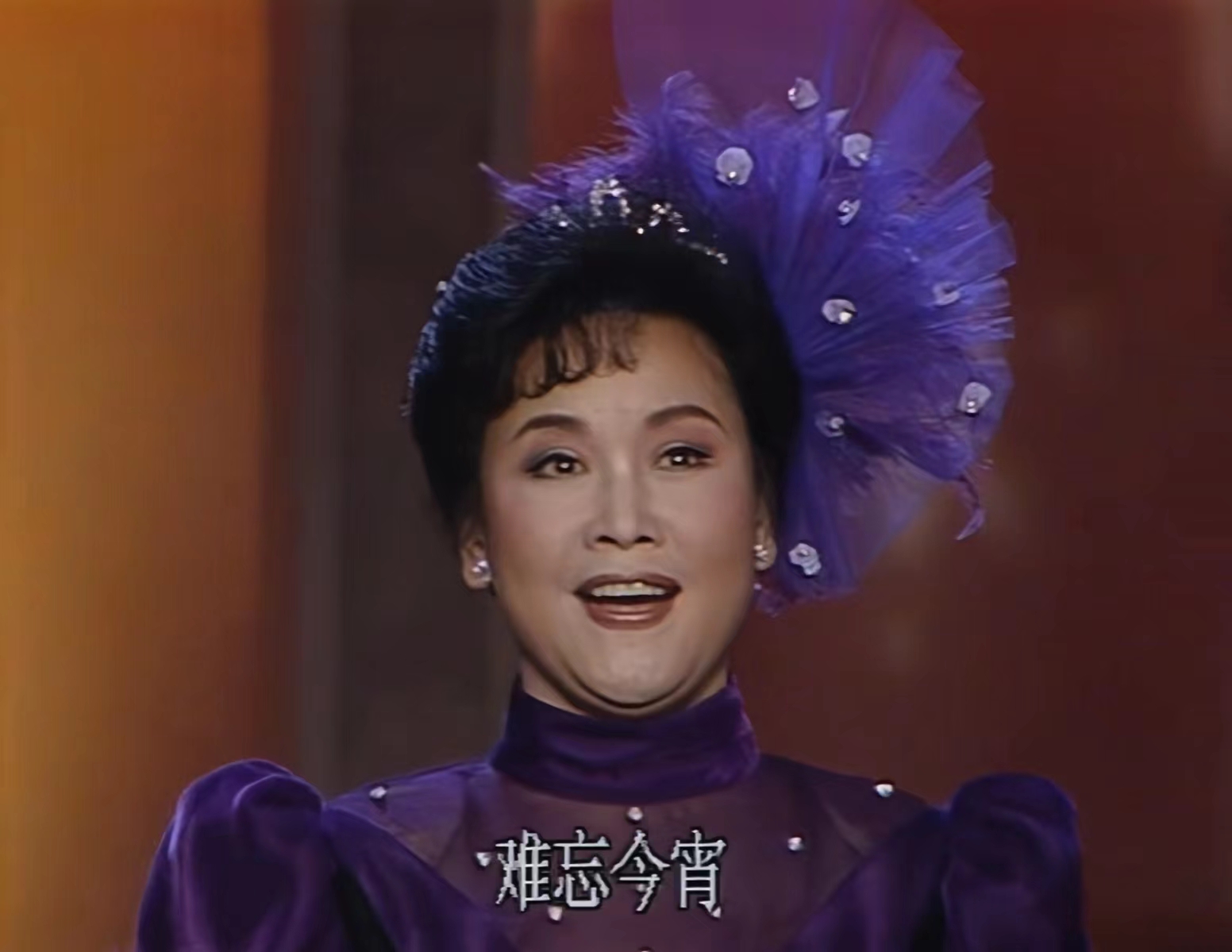
The song was written by Qiao Yu and composed by Gu Jianfen. The two met in 1982. Gu Jianfen admires Qiao Yu, but does not know him. One day at a meeting, she handed a note to Qiao Yu on the rostrum, asking if she could give herself a song. Qiao Yu gave "River", and the friendship between the two has since kicked off, and they have collaborated on 54 works.
In 1988, Gu Jianfen got "Thinking" again. Who is the butterfly? She asked Qiao Yu, he smiled and said, Mao Amin. Qiao Yu's inspiration came from the study. One day, a small yellow butterfly flew in outside the window, circled a few times, stopped for a while, and flew away again.
"You can't understand a sentence or two. There are too many twists and turns, too many profound things, too many subtexts, and a lot of knowledge. I started from the lowest note, and finally broke out the emotional depth of this song. Where..." In an interview with "Chinese Literature and Art", Gu Jianfen described that Qiao Yu's songs are difficult to write ordinary, because he has a style in his writing, and for the composer, it is an excellent exploration of the depths of life and emotions. experience.
After "Missing" was released, it received rave reviews. Once, Qiao Yu asked his old friend Du Gao for a drink and wanted to hear his opinion. "I said, I haven't heard the second song yet. It created a literary image in a short song. He pondered for a while and said, Gu Jianfen's song was well written and Mao Amin sang well, She is like a butterfly, and people like it." When recalling this past event, Du Gao remembered that he had proposed a toast to "Missing", Qiao Yu said modestly, let's toast to those two.
Gu Jianfen wrote Missing in jazz style. Some people think that "Missing" is Qiao Yu's most fashionable work, and they are even surprised that he would write such a work, "You still have to write your true emotions in order to impress others, because these are all real and full of Emotional." Qiao Yu said.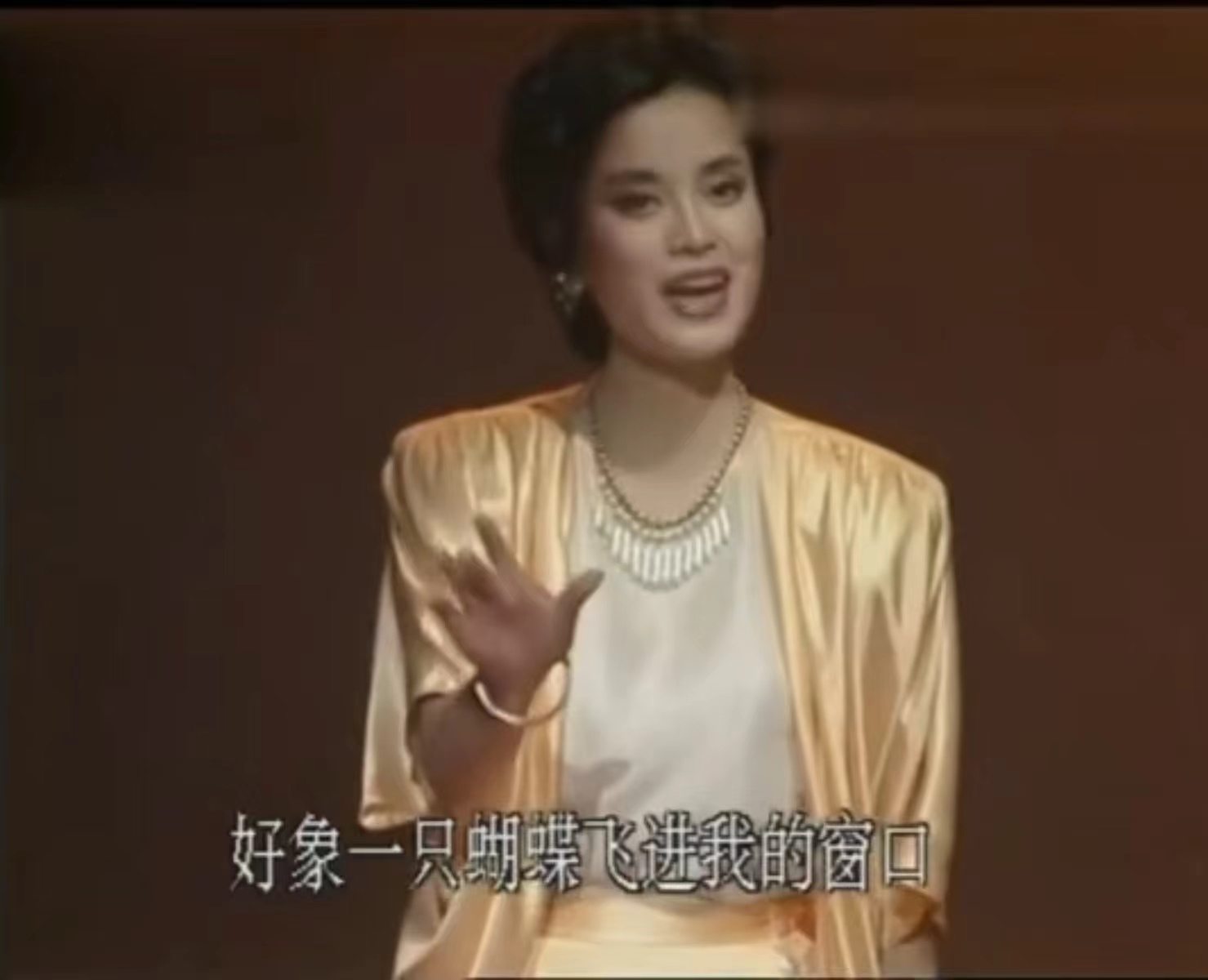
There are so many people who write words, why Qiao Yu's words can become so classic and can be refined and polished over time? "Master's kung fu is beyond poetry." Still in "Chinese Literature and Art", Qiao Yu's close friend and playwright Huang Qishi observed.
Friends are used to calling Qiao Yu "Master Qiao". Huang Qishi met Qiao Yu when he was released in the early years. At that time, he was still a young man, and Qiao Yu was already a famous writer, and they both slept on the same kang.
There was one thing he still admired when he remembered it. The two chatted about Gong Zizhen's "Jihai Miscellaneous Poems", which is a group of self-narrative poems by Gong Zizhen. It wrote about the origins of his life, writings, friendships, etc., or discussing current affairs, or narrating experiences, or thinking about past events, with a wide range of topics. Wherever he was excited, Qiao Yu took it at his fingertips and wrote more than ten pieces of "Jihai Miscellaneous Poems" in Huang Qishi's notebook, "I am surprised that many people can memorize a few Tang poems and Song poems. Gong Zizhen was from the mid-Qing Dynasty. A poet, being able to memorize it so thoroughly, shows how deep his work is."
From poems and books to Marxism-Leninism, Qiao Yu has read all the books in the world. These profound accumulations have become the source of his future literary creation, and his love for literature can be traced back to his childhood.
Qiao Yu was born in Jining, Shandong in 1927. He has had a strong interest in reading since he was a child, and has hidden countless Tang and Song poems in his mind. His family was not financially well-off, and in order to study for free, he took the first exam every year in middle school.
Mother likes folk tales and tells them vividly, telling her son all the stories hidden in her stomach. "Orchard Sisters" is what she told, Qiao Yu quoted it as it was, and used many of her mother's original words in the script.
His father was an intellectual and had a lot of research on Chinese classical literature. He taught him to read characters from an early age, read the Three Character Classic and the Thousand Character Classic, which gave him the first and most powerful literary enlightenment.
Qiao Yu is the youngest child in the family. His father gave birth to him when he was in his sixties. From the time he can remember, his father was an old man. The old man had nothing to do on weekdays, and the greatest joy was to lead him to play.
Until his head was full of gray hair, Qiao Yu still remembered a little story of "seeking green". Outside the city is a farmland, and his father led him to play. He saw green in front of him, but when he got there, there was no green at all. The two continued to walk down, but there was still no green. "It was early spring. He said, there is a sentence. The poem describes this, you will, which sentence is it? I answered it at once, and the grass is far away, but there is nothing." The father's unintentional sentence buried the memory of literature in his heart.
During his life journey of 1995, Qiao Yu wrote countless popular songs, but he rarely wrote sad songs, "I don't write sad ones anymore, why do I keep letting people sing sad songs?" He always insisted on one point of view , Songs are for people to sing, and they must suit the emotions of most people and express their love. "It's not good to make yourself very remote and walk down a small alley."
Just like "My Motherland", it is familiar to everyone and everyone can sing it. In Qiao Yu's view, it is also because it conforms to the emotions of the times, the emotions of history, and the common emotions of most people in the whole nation. "Anything that expresses the wishes and beautiful emotions of the most people will become a real work of art."
When it comes to popular songs, Qiao Yu also insisted that he must write it sincerely, "You must write love with a real feeling of love, and you can't just make up and write it out of thin air."
After writing lyrics all his life, Qiao Yu sighed that it looked simple, but it was not easy.
"The completion of a good song, from writing the lyrics to composing to singing, the trinity, cannot be done from any single side. The sadness of writing lyrics is here, and you can't be independent yourself. You have to sing it to count, and you can sing it. There must be songs and singers." Qiao Yu has a wonderful metaphor for the relationship between composers and lyricists: marrying a chicken follows a chicken, marrying a dog follows a dog, "You have a good life, marry a rooster, and you can sing the world. , then you're fine. You marry a chicken that doesn't croak, a dumb dog, a bald-tailed dog, then you deserve it."
He said that it is not only him, some poets may have written a lot of works in their lifetime, but what is really preserved is just a little bit, "This little bit is not something he can decide by himself. Who chooses your works to be passed down through the ages? Yes? The choice of history is not an individual choice."
In the early morning of June 20, Qiao Yu, a "civilian master", died in Beijing at the age of 95. These classic songs written by Qiao Yu have swiped social networks and caused a wave of nostalgia.
Why is Qiao Yu able to write so many well-known words? In an interview, Qiao Yu's close friend and playwright Huang Qishi once described that it was the times that created Qiao Yu, and his kung fu was beyond poetry.

November 24, 2009, Beijing, Qiao Yu Visual China data map
"Guo Lanying can sing a lot, but doesn't have any foreign stuff"In the beginning, Qiao Yu's ambition was to become a playwright, not a lyricist. What kind of opportunity made him interested in writing lyrics? "Bole" Liu Chi contributed greatly.
From 1952 to 1953, Qiao Yu wrote the opera "Apricot Forest" and the children's opera "Orchard Sisters". "Orchard Sisters" invited Liu Chi to compose the music. The first time they collaborated, he discovered Qiao Yu's talent in lyrics creation. Soon, Liu Chi accepted the creative invitations for the films "Flowers of the Motherland" and "Shangganling", and recommended them to directors Yan Gong and Sha Meng, and asked Qiao Yu to write the lyrics. Qiao Yu also lived up to expectations. His lyrics "Let's Row the Sculls" and "My Motherland" were both popular all over the country.
"It was Liu Chi who first discovered Qiao Yu's lyrics creation talent, and led him to the path of lyrics creation. Qiao Yu later became a master of lyrics." In an interview with CCTV's "Chinese Literature and Art", Qiao Yu's close friend , said the theatre critic Dugao.
"Let's sway our oars, the boat pushes away the waves, the beautiful white pagoda is reflected on the sea, surrounded by green trees and red walls, the boat gently floats in the water, and the cool wind blows..." "Let's Swing the Sculls" written for "The Flowers of the Motherland" was created in 1954 and is a song written for the children of New China.
The location of the film was filmed in Beihai Park. The 27-year-old Qiao Yu also went to play, and even acted as a rowing group performer. He faces a group of 11- or 12-year-olds every day, and buys a pack of snacks for them every time he goes there.
"The most beautiful thing in the middle of the North Sea is the White Pagoda. It has a reflection." Qiao Yu, who was sitting on the boat, looked around, took materials on the spot, and wrote the White Pagoda, green trees, red walls, boats, cool breeze... The lyrics are cheerful and natural, casual and poetic. In his understanding, this song should be written like this, no need to deliberately, don't stumble.


Stills of the movie "Flowers of the Motherland"
"A big river has wide waves, and the wind blows the fragrance of rice and flowers on both sides. My family lives on the shore. I am used to listening to the stern's horn and seeing the white sails on the boat. This is the beautiful motherland, the place where I grew up, in this vast land. There are beautiful scenery everywhere..." Born in 1956 and composed for "Shangganling", "My Motherland" touched countless people, not only because of Guo Lanying's beautiful singing voice, but also because the lyrics are recognized classics."The People's Republic of China has just been established. Everyone is cheering and cheering. They have the desire to praise the new motherland and hope that the country will get better and better. You have to write this emotion." Qiao Yu recalled.
However, when he first received the task, Qiao Yu was not easy, and it took half a month to write it. Director Shamon emphasized that the battle of "Shangganling" was very hard, and there must be a theme song in the tunnel to create an atmosphere. Qiao Yu was looking for inspiration. One day, he remembered the first time he saw the Yangtze River. The aroma of rice on both sides of the river was different from the smell of sorghum, corn, and wheat in his hometown in Shandong. So he wrote "a big river" into the word.
The director was puzzled. Since he wrote about the Yangtze River, why didn’t he write about the Wanli Yangtze River or the Wanli Yangtze River, wouldn’t it be very imposing and beautiful? Qiao Yu explained that although the Yangtze River is big, it is a part of the whole country after all. People who are not from the Yangtze River Basin will feel that it has nothing to do with them and can’t feel friendly. “A big river is different. There is a river, and when a child sees the small river ditch, it is also a big river. As soon as he sings, it connects with his own life. I said, a big river, who doesn’t have a river at his door?”
Why did you ask Guo Lanying to sing? At that time, the crew invited many masters of folk songs from all over the country, and Qiao Yu shook his head and insisted on Guo Lanying. Just listening to her sing once, Qiao Yu made a decision, and it was her! "Guo Lanying can sing a lot, her voice is good, and she has no foreign gadgets at all. (She is) the number one person in the real national singing." emotion.
Although it was made for a war movie, "My Motherland" is very lyrical, full of tenderness and nostalgia for the hometown, making people feel more peaceful and happy. Before the film was released, the song was broadcast on the Central People's Broadcasting Station, and it spread throughout the country the next day.

Stills of the movie "Shangganling"
"Write your true emotions in order to impress others"Not only the two movie episodes that have been sung so far, Qiao Yu also has two golden songs that have been passed on at home and abroad through the CCTV Spring Festival Gala, that is, "Unforgettable Tonight" and "Missing".
"Unforgettable tonight, unforgettable tonight, no matter the end of the world and the corners of the world, China embraces thousands of miles together, and wishes the motherland good, the motherland is good..." Since the first singing in CCTV Spring Festival Gala in 1984, Li Guyi has used crisp singing to end the Spring Festival Gala almost every year. , accompany generations of audiences to welcome the new year. Who would have thought that such a song that has been popular for 38 years, Qiao Yu wrote it in a very short time.
At that time, Huang Yihe, the chief director of the Spring Festival Gala, hoped that there would be a good song to set the stage for the party, and between the lines there should be flesh and blood kinship, the reunion of the motherland and a good hope for the future.
"(We need) a lyric that is very deep and well-written, not vernacular, but a long one. Who among lyric writers has this ability? Only Mr. Qiao Yu." Huang Yihe's lyrics are He was in a hurry, and he didn't have a mobile phone. One night, he personally ran to Qiao Yu's house to knock on the door. Qiao Yu was already going to rest, and he did not refuse, and readily agreed. He allegedly started writing at 3am and was due two hours later.
Huang Yihe later asked the staff to get it, and the staff pouted when he saw it. How to sing such soft lyrics? Qiao Yu said, don't worry about it, let's see your director. The soft lyrics were exactly what Huang Yihe wanted. He was not shaken by the controversial voice and insisted on recording a song with Li Gu. At the moment when the Spring Festival Gala sang, "Unforgettable Tonight" captured the hearts of all audiences.

Li Guyi sang "Unforgettable Tonight" at the Spring Festival Gala
"Where are you from, my friend, like a butterfly flew into my window, I don't know if I can stay for a few days, we have been separated for too long..." In 1988 CCTV Spring Festival Gala, Mao Amin wore a fashionable short hair and a body Wearing a long yellow dress, she came in a variety of styles, and the song "Missing" with a fresh style was once again popular all over the country.The song was written by Qiao Yu and composed by Gu Jianfen. The two met in 1982. Gu Jianfen admires Qiao Yu, but does not know him. One day at a meeting, she handed a note to Qiao Yu on the rostrum, asking if she could give herself a song. Qiao Yu gave "River", and the friendship between the two has since kicked off, and they have collaborated on 54 works.
In 1988, Gu Jianfen got "Thinking" again. Who is the butterfly? She asked Qiao Yu, he smiled and said, Mao Amin. Qiao Yu's inspiration came from the study. One day, a small yellow butterfly flew in outside the window, circled a few times, stopped for a while, and flew away again.
"You can't understand a sentence or two. There are too many twists and turns, too many profound things, too many subtexts, and a lot of knowledge. I started from the lowest note, and finally broke out the emotional depth of this song. Where..." In an interview with "Chinese Literature and Art", Gu Jianfen described that Qiao Yu's songs are difficult to write ordinary, because he has a style in his writing, and for the composer, it is an excellent exploration of the depths of life and emotions. experience.
After "Missing" was released, it received rave reviews. Once, Qiao Yu asked his old friend Du Gao for a drink and wanted to hear his opinion. "I said, I haven't heard the second song yet. It created a literary image in a short song. He pondered for a while and said, Gu Jianfen's song was well written and Mao Amin sang well, She is like a butterfly, and people like it." When recalling this past event, Du Gao remembered that he had proposed a toast to "Missing", Qiao Yu said modestly, let's toast to those two.
Gu Jianfen wrote Missing in jazz style. Some people think that "Missing" is Qiao Yu's most fashionable work, and they are even surprised that he would write such a work, "You still have to write your true emotions in order to impress others, because these are all real and full of Emotional." Qiao Yu said.

Mao Amin sings "Missing" at the Spring Festival Gala
"Make yourself very remote, you can't walk through small alleys"There are so many people who write words, why Qiao Yu's words can become so classic and can be refined and polished over time? "Master's kung fu is beyond poetry." Still in "Chinese Literature and Art", Qiao Yu's close friend and playwright Huang Qishi observed.
Friends are used to calling Qiao Yu "Master Qiao". Huang Qishi met Qiao Yu when he was released in the early years. At that time, he was still a young man, and Qiao Yu was already a famous writer, and they both slept on the same kang.
There was one thing he still admired when he remembered it. The two chatted about Gong Zizhen's "Jihai Miscellaneous Poems", which is a group of self-narrative poems by Gong Zizhen. It wrote about the origins of his life, writings, friendships, etc., or discussing current affairs, or narrating experiences, or thinking about past events, with a wide range of topics. Wherever he was excited, Qiao Yu took it at his fingertips and wrote more than ten pieces of "Jihai Miscellaneous Poems" in Huang Qishi's notebook, "I am surprised that many people can memorize a few Tang poems and Song poems. Gong Zizhen was from the mid-Qing Dynasty. A poet, being able to memorize it so thoroughly, shows how deep his work is."
From poems and books to Marxism-Leninism, Qiao Yu has read all the books in the world. These profound accumulations have become the source of his future literary creation, and his love for literature can be traced back to his childhood.
Qiao Yu was born in Jining, Shandong in 1927. He has had a strong interest in reading since he was a child, and has hidden countless Tang and Song poems in his mind. His family was not financially well-off, and in order to study for free, he took the first exam every year in middle school.
Mother likes folk tales and tells them vividly, telling her son all the stories hidden in her stomach. "Orchard Sisters" is what she told, Qiao Yu quoted it as it was, and used many of her mother's original words in the script.
His father was an intellectual and had a lot of research on Chinese classical literature. He taught him to read characters from an early age, read the Three Character Classic and the Thousand Character Classic, which gave him the first and most powerful literary enlightenment.
Qiao Yu is the youngest child in the family. His father gave birth to him when he was in his sixties. From the time he can remember, his father was an old man. The old man had nothing to do on weekdays, and the greatest joy was to lead him to play.
Until his head was full of gray hair, Qiao Yu still remembered a little story of "seeking green". Outside the city is a farmland, and his father led him to play. He saw green in front of him, but when he got there, there was no green at all. The two continued to walk down, but there was still no green. "It was early spring. He said, there is a sentence. The poem describes this, you will, which sentence is it? I answered it at once, and the grass is far away, but there is nothing." The father's unintentional sentence buried the memory of literature in his heart.
During his life journey of 1995, Qiao Yu wrote countless popular songs, but he rarely wrote sad songs, "I don't write sad ones anymore, why do I keep letting people sing sad songs?" He always insisted on one point of view , Songs are for people to sing, and they must suit the emotions of most people and express their love. "It's not good to make yourself very remote and walk down a small alley."
Just like "My Motherland", it is familiar to everyone and everyone can sing it. In Qiao Yu's view, it is also because it conforms to the emotions of the times, the emotions of history, and the common emotions of most people in the whole nation. "Anything that expresses the wishes and beautiful emotions of the most people will become a real work of art."
When it comes to popular songs, Qiao Yu also insisted that he must write it sincerely, "You must write love with a real feeling of love, and you can't just make up and write it out of thin air."
After writing lyrics all his life, Qiao Yu sighed that it looked simple, but it was not easy.
"The completion of a good song, from writing the lyrics to composing to singing, the trinity, cannot be done from any single side. The sadness of writing lyrics is here, and you can't be independent yourself. You have to sing it to count, and you can sing it. There must be songs and singers." Qiao Yu has a wonderful metaphor for the relationship between composers and lyricists: marrying a chicken follows a chicken, marrying a dog follows a dog, "You have a good life, marry a rooster, and you can sing the world. , then you're fine. You marry a chicken that doesn't croak, a dumb dog, a bald-tailed dog, then you deserve it."
He said that it is not only him, some poets may have written a lot of works in their lifetime, but what is really preserved is just a little bit, "This little bit is not something he can decide by himself. Who chooses your works to be passed down through the ages? Yes? The choice of history is not an individual choice."










Comments